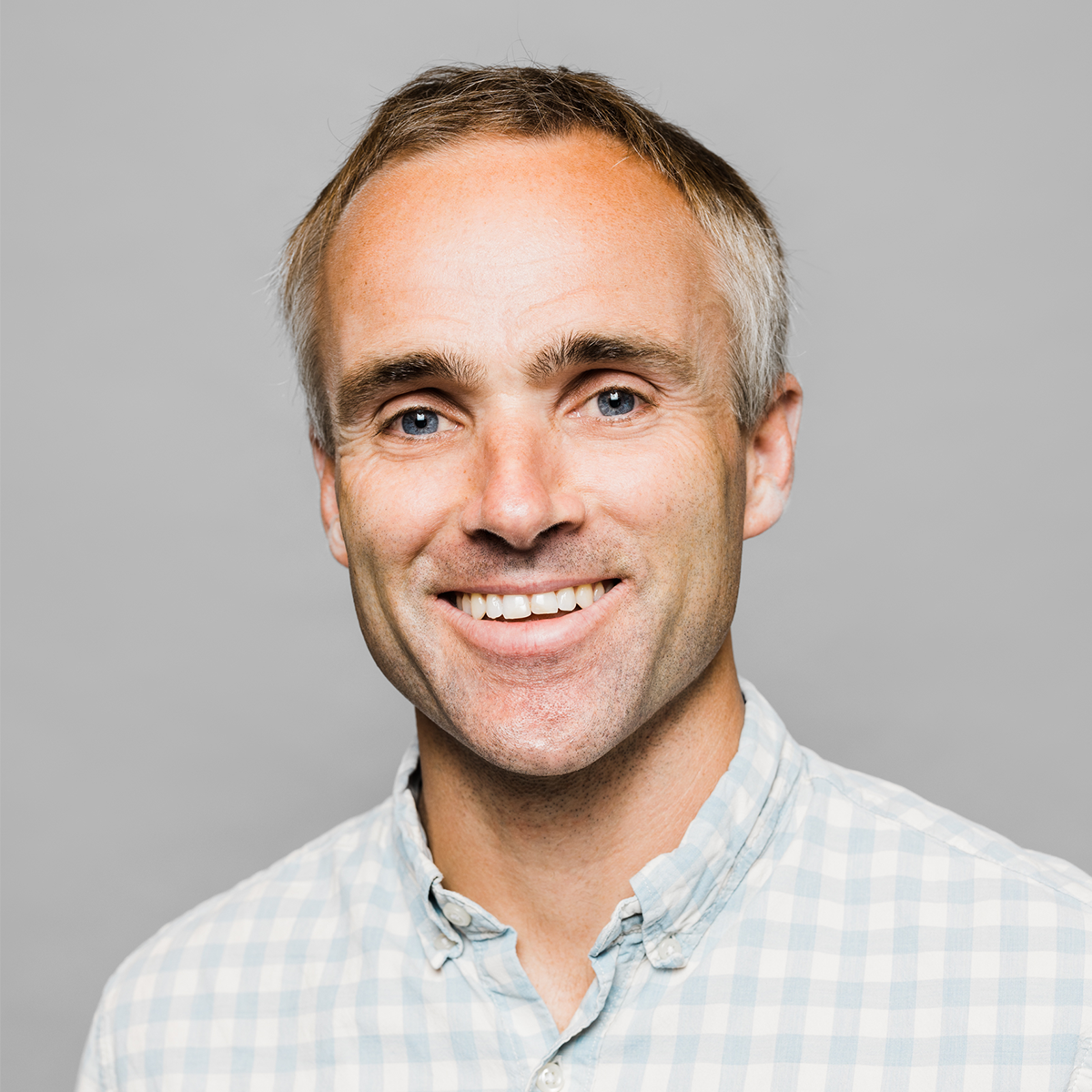This guest post was written by Jimmy Guterman, founder of The Vineyard Group. He’s written plenty of books and used to be an editor for Harvard Business Review and MIT Sloan Management Review. He is also a rock star.
A few weeks ago I had the pleasure of working with the Collective Next team on an onsite-offsite (it was like an offsite, but they didn’t get to go anywhere) investigation of what it takes to be a thought leader.
The basic idea behind my presentation was that thought leadership isn’t a commodity. It isn’t something like marketing or public relations that a company can outsource, can expect someone on the outside to develop well. Sometimes, it seems, companies tick off the things they need done by others and add “thought leadership” to the list like it was something anyone anywhere could do. I think thought leadership can only come from the people living it. Otherwise it’s just marketing messages. Companies that do work, that build products and services, that help other companies build products and services: they’ve got the raw materials it takes to become thought leaders.
So what does it take to become a thought leader in your field? Here are some thoughts:
You must build off proprietary knowledge. Thought leadership is about depth, not breadth. It can’t be about everything. You must know things no one else knows because of your unique work and research. That’s why journalists like John McPhee and Malcolm Gladwell, as great as they are, aren’t thought leaders. They’re tremendous reporters and distillers of other people’s work, but they don’t do the work themselves. They’re interpreters, popularizers. Do the work, then draw the ideas from that work.
You must not treat your life as a TED talk. Think two-way. Let someone else share the microphone. Don’t just bounce your ideas off other people; toss them back and forth and see how those ideas develop when they come into contact with other people’s ideas. Thought leaders don’t just have thoughts, they provoke thoughts.
Mix the strategic and the practical. Successful thought leaders don’t just give you something to think about; they give you something to do. Daniel Kahneman knows more than anyone else on the planet about behavioral economics and psychology; in Thinking, Fast and Slow he shares both his theory and how his theory plays out far from a laboratory. Scott McCloud is both a theorist and a teacher; he gives a framework for how to think about reading comics – and invaluable tips for how to make ‘em yourself. So don’t just think about what achieving thought leadership will do for your business. Think about what your thought leadership is going to do for other people.
Back




